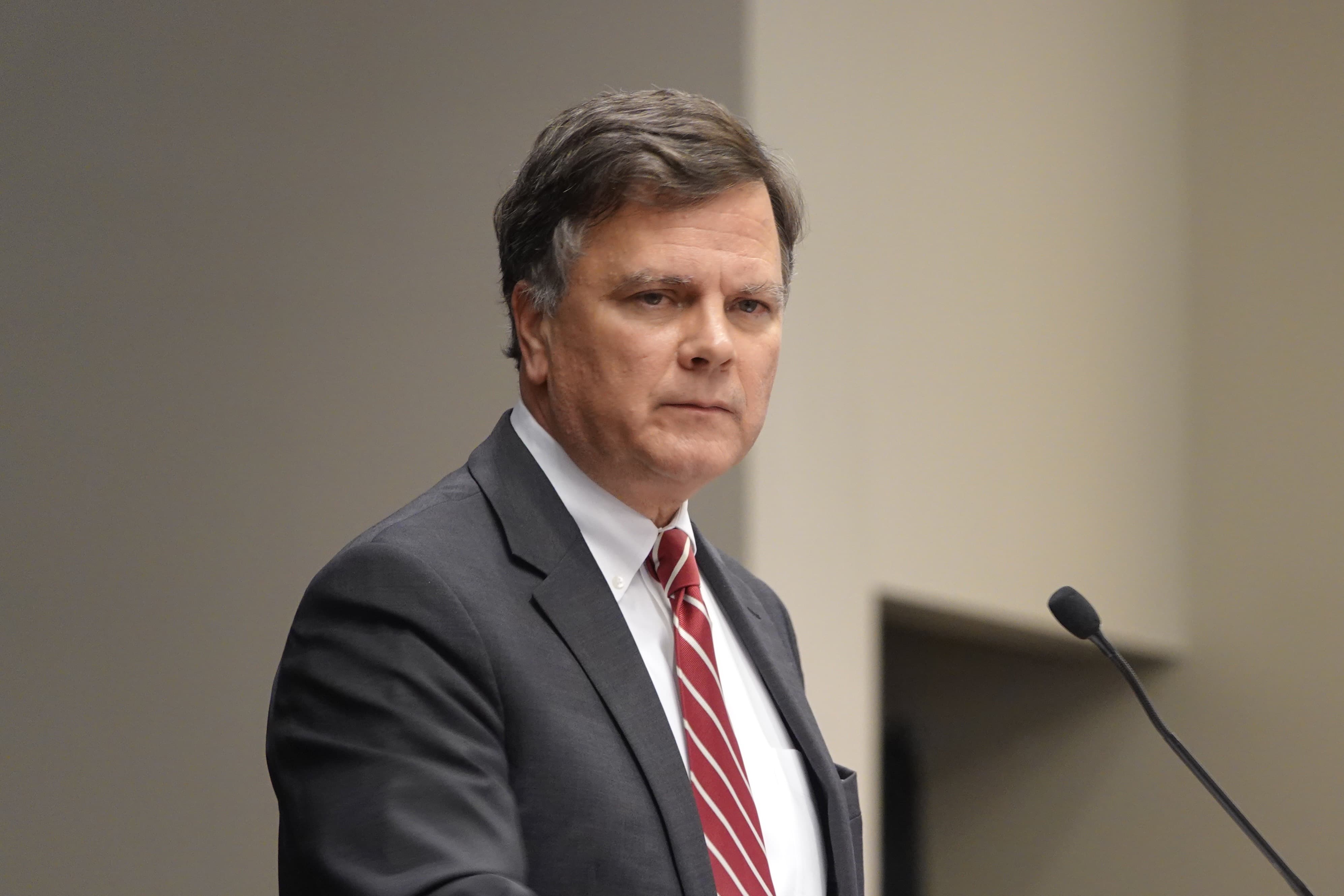MONTGOMERY — Legislation that initially excluded all overtime pay by hourly public and private workers in Alabama was amended in the Senate Education Budget Committee on Wednesday.
House Bill 217 (HB217) by House Minority Leader Anthony Daniels (D-Huntsville) would have eliminated state income taxes on all overtime pay for Alabama hourly workers by excluding overtime, or any hours worked above 40 hours per week, from the state definition of "gross pay."
The exemption is available for tax years 2024, 2025, and 2026. The bill passed the House unanimously on May 2nd.
However, the bill was amended on Wednesday to exclude only the first $2,000 of wages earned from weekly hours worked above 40 hours from state income taxes.
Senate Budget Committee Chair State Sen. Arthur Orr (R-Decatur) said the unamended legislation would cost the state around $45 million. The amended legislation would have a cost of around $21 million.
"This is an excellent bill. I see it probably becoming ingrained in the tax code of Alabama probably permanently I would say," Orr said. "It's an excellent concept and a good idea to help those working folks that are privy to overtime work. Unfortunately, there are a lot of people with a salary so to speak making $35,000, $40,000, $50,000 that could certainly use this assistance but it is something that I think is good policy for our state."
Orr continued: "I would see this bill probably coming back and being something much more permanent and the cap either going away or being raised at that time, but I want to move slowly."
"As you all know we've made a lot of decisions when it comes to tax cuts and tax credits. Again, good policy. Glad to move it along and slow as she goes."
The amendment capping the tax-free overtime wage amount passed but was opposed by Senate Minority Leader Bobby Singleton (D-Greensboro).
"I'm against this cap…because I think this really kind of guts the idea of where we are on it. Because it sunsets, I just think that we ought to give this bill an opportunity to gather the data that is on it," Singleton said. "This here is going to directly help families, help rural communities, help people all over the state that does extra work. We are already looking for a workforce. We need people to stay and do the work that needs to be done. I think this is something excellent to give them that opportunity to help grow families. This helps more than anything I've seen around this table in what we've been giving any tax credits for. A cap on it I think just guts the bill and we might as well not have it. The concept is great, but the cap I think just kills the bill."
Since the bill was amended, it must pass both the Senate and House before going to Gov. Kay Ivey for her signature. There are two legislative days left in the session.
To connect with the author of this story or to comment, email caleb.taylor@1819News.com.
Don't miss out! Subscribe to our newsletter and get our top stories every weekday morning.










